IUIS President’s Address 2022

It is with great pride and excitement that I begin my tenure as the new president of the International Union of Immunological Societies (IUIS). I am grateful and indebted to our two former presidents, Professors Faith Osier and Alberto Mantovani, for their continued contributions to the IUIS mission and their mentoring of my transition into the role during the past three years.
I am taking the lead of the IUIS at an extraordinary time in the history of immunology, where the need to expand immunology knowledge and foster the development of new immunotherapies has never been more pressing.
The immune system is a sensory and effector cellular network shaped by millions of years of evolution to recognize and eliminate external threats, but also to repair internal tissue injuries. Fundamental discoveries by immunologists that illuminate these dual roles have revealed how critical immune cells are to shaping the outcome of human diseases. Accordingly, targeting the immune system has led to unprecedented clinical successes in treating major human illnesses, from cancer to autoimmunity to neurological diseases. Although the current number of FDA-approved immunotherapy strategies is limited, the global market of novel immunotherapies in development has already reached an unprecedented size and is predicted to triple in the next decade. It is now accepted that the immune system is a major source of novel therapeutic targets and this appreciation is powering extraordinary investments in drug discovery. At the same time, there is unparalleled innovation in newer strategies for modifying these targets that range from antibody-blockade to small molecules, cytokines, nano-particles and cellular therapies. The coupling of these newer targeting approaches for modulating the immune system in vivo with the breadth of new targets being identified is bringing greater hope to many patients across the clinical spectrum.
Realizing the full promise of immunotherapy to transform disease treatment and improve human health and wellbeing across the lifespan will require all biomedical scientists and physicians to be cognizant of the main functions of the immune system, in addition to more researchers and clinicians with deep expertise in immunology and how these functions are carried out. Yet, investments in basic immunology training have been more limited historically and this has led to a paucity of immunology experts worldwide. And even amongst life scientists, immunology is often perceived as a complex science driven by elaborate processes of cellular interactions difficult to comprehend by non-experts.
In the coming years, the IUIS intends to demystify immunology research and enhance its visibility by educating the public and government leaders about the significant and still untapped positive impact of immunology research for health and society. We will spread the message that immunotherapy can help halt deadly pandemics as we have seen for COVID-19, but can also help prevent future infectious outbreaks, treat metabolic diseases, alleviate neurodegenerative diseases, aging, frailty, psychiatric disorders and improve tissue repair and regeneration.
The IUIS will continue to expand basic immunology training programs to address the increasing need for highly trained immunologists across the world. We will facilitate building new curriculums that engage and inspire trainees in understanding the basis of successful immunotherapy strategies, and highlight how much more can be done in all areas of medicine by harnessing the immune system.
Another big focus of IUIS will be to reduce the scientific gap between high and low or middle-income countries (LMIC) by fostering collaborations to study endemic diseases that are more prevalent in LMIC thereby generating new sources of immunology knowledge, while broadening the range of research and training opportunities for researchers from LMIC.
A prime example of the IUIS commitment to outreach is the organization of the upcoming 18th International Congress of Immunology in South Africa, in partnership with the Federation of African Immunology Societies. The congress is the largest immunology event worldwide and commonly hosts several thousand immunologists. This year, the congress will be held for the first time in Africa. It will also be the first opportunity for so many immunologists to gather together since the start of the pandemic. Confirmed attendees at IUIS 2023 include Nobel Prize and Lasker awardees, Ministers of Health, WHO leaders, publishers and editors, and directors of many major funding agencies. In addition to an amazing and diverse lineup of scientific talks, we will also host several debates and round-table discussions on global health, equitable science, data sharing, misinformation, education and outreach, pandemic preparedness, the future of funding and publishing, and many, many more topics.
I am very excited about the future and enthusiastically invite all immunologists interested in global science to reach out with new ideas and projects that can help foster immunology worldwide. I very much look forward to working with many of you during the 3 years to come and to seeing you in South Africa next November.
With warm wishes
Professor Miriam Merad
IUIS President
